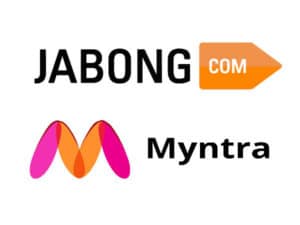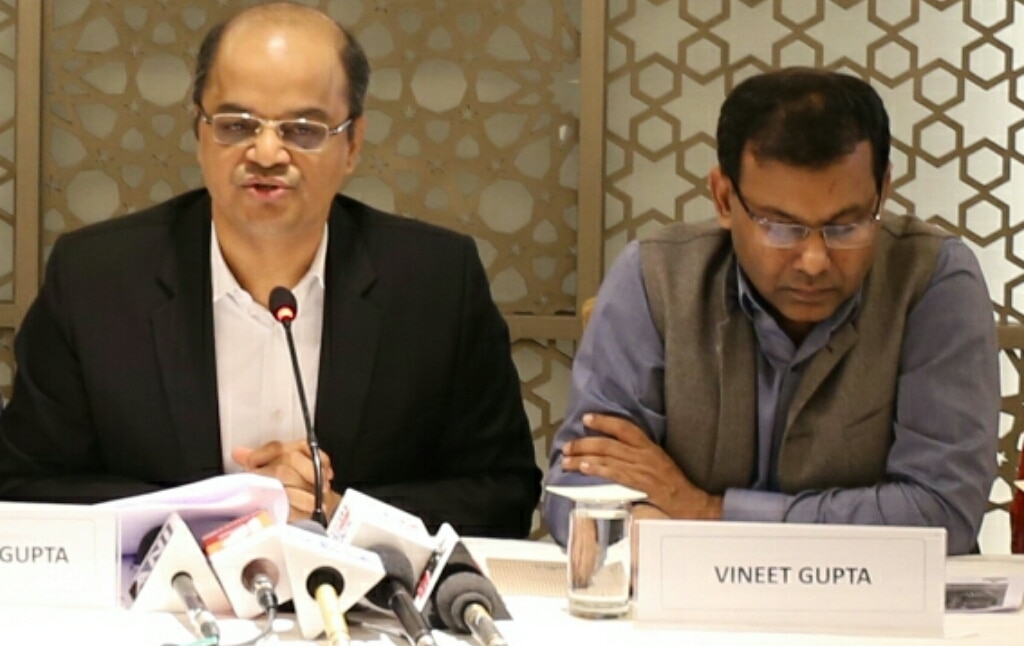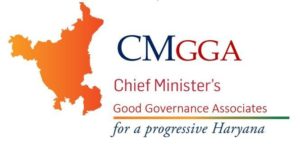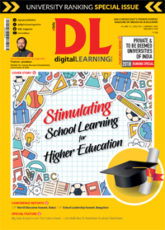Being a fresh graduate or an early stage professional trying to outline a long-term career path today is challenging. While there are a number of different career disciplines available, there is that inherent accompanying uncertainty in the constantly evolving job market. Additionally, despite some favourable initiatives, there exists a large supply and demand gap, with students expressing their frustration by way of limited employment opportunities and corporates looking for quality talent, writes Shubika Bilkha, Business Head, The Real Estate Management Institute, for Elets News Network (ENN).
While graduates seem to be focused on careers in the IT sector, finance, marketing, among others, the real estate sector remains largely overlooked when determining a viable career path. The real estate sector, which is slated to be a $180 billion opportunity by 2022, has a current skill shortfall of 4 million core professionals with the total skill requirement of the sector expected to be 75 million by 2022. The government’s impetus to boost urban development and infrastructure, such as the addition of 25 million homes, 40 million dwelling units and ~100 smart cities, has further enhanced the growth of the real estate and ancillary services sector. To accomplish Prime Minister Narendra’s Modi’s development agenda, there is an urgent requirement to have skilled resources in the real estate and infrastructure segments.
Today, with increased regulatory vigilance, real estate companies gaining scale, an increase in investments by private equity funds in real estate firms, as well as a number of large brands entering the space, there is a greater focus by companies on talent acquisition and retention. Building enhanced delivery capabilities within their organizations have become essential for real estate companies to meet the stipulations of the new act RERA. With attractive incentive structures and greater professionalism across the sector, there is a wonderful opportunity to build a lucrative career.
There is also limited awareness of the kinds of career opportunities that are available across the real estate industry.
For new graduates looking to enter the space, there are a number of opportunities across corporate functions at real estate companies such as the marketing, sales, finance, strategy, administrative roles and management. Programs such as Real Estate Business Management and Real Estate Marketing and Sales could be advised for these candidates as it covers an introduction to the sector, an understanding of the legal aspects of the sector, documentation involved, the approval and construction process, marketing, sales, leasing among other technical, business and entrepreneurial modules.
Additionally, programs focused on Housing Finance opens a new career path for graduates at Housing Finance Companies/Micro Finance Institutions.
- For civil engineering graduates looking to join real estate companies, Real Estate Project Management or Construction Management is advised to provide the requisite ‘job-ready’ skills and get them updated on the latest tools and technologies.
- For specialised graduates, such as architectural graduates or legal or accounting graduates, taking a Real Estate Business Management program will improve their skills and expertise to understand the details of the business, legal and procedural aspects of the sector. This is essential for them to be able to meet various stipulations as outlined in their work profiles.
- Under the new act RERA, job roles such as RERA Compliance Officers, Customer Relationship Managers, Project managers, become integral to meet the stipulations of the Act.
The ‘top of the pyramid’ career opportunities in real estate can be categorised into the following segments: specialised professionals, core professionals, non-core professionals and real estate services.
Specialised professionals
- Valuers
- Quantity surveyors
- Facility managers
- Property managers
- Sustainable development experts
Core professionals
- Engineers
- Architects and planners
Non-core professionals
- Management
- Business administration
- Chartered Accountants
- Marketing professionals
- Sales professionals
- Project managers
- Finance analysts
- Lawyers
- Electrical engineers
- RERA Compliance Officer
- Customer Relationship Manager/Customer Centricity/Customer Evangelist
Real Estate Services include services such as consulting, brokerage and other ancillary services. With the recently proposed regulatory amendments, the real estate brokerage sector is on the path to getting more organized and will over time operate in line with global benchmarks. This will create an organized entrepreneurial segment with licensed brokers and create a lucrative career opportunity within the sector for students, graduates as well as for women homemakers.
(Shubika Bilkha is the Business Head at The Real Estate Management Institute. Views expressed by the author are personal).
 According to Manpreet Ratia, CXO and Head – SCM, CE and Human Capital , Myntra & Jabong, “Myntra is committed to being a market leader in building a future ready organization through constant learning and skill upgrades. We are happy to enter into this partnership with Udacity to accelerate the pace of skill adoption and to ensure that our employees are equipped to take the organization and its customers to newer heights through technology led innovations.”
According to Manpreet Ratia, CXO and Head – SCM, CE and Human Capital , Myntra & Jabong, “Myntra is committed to being a market leader in building a future ready organization through constant learning and skill upgrades. We are happy to enter into this partnership with Udacity to accelerate the pace of skill adoption and to ensure that our employees are equipped to take the organization and its customers to newer heights through technology led innovations.”






























